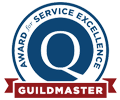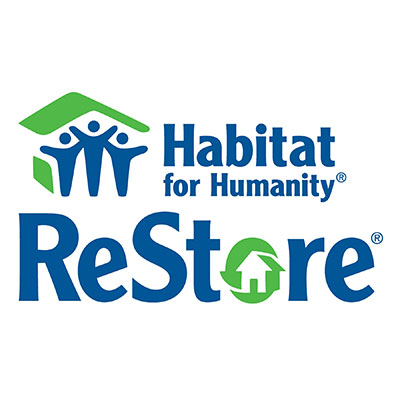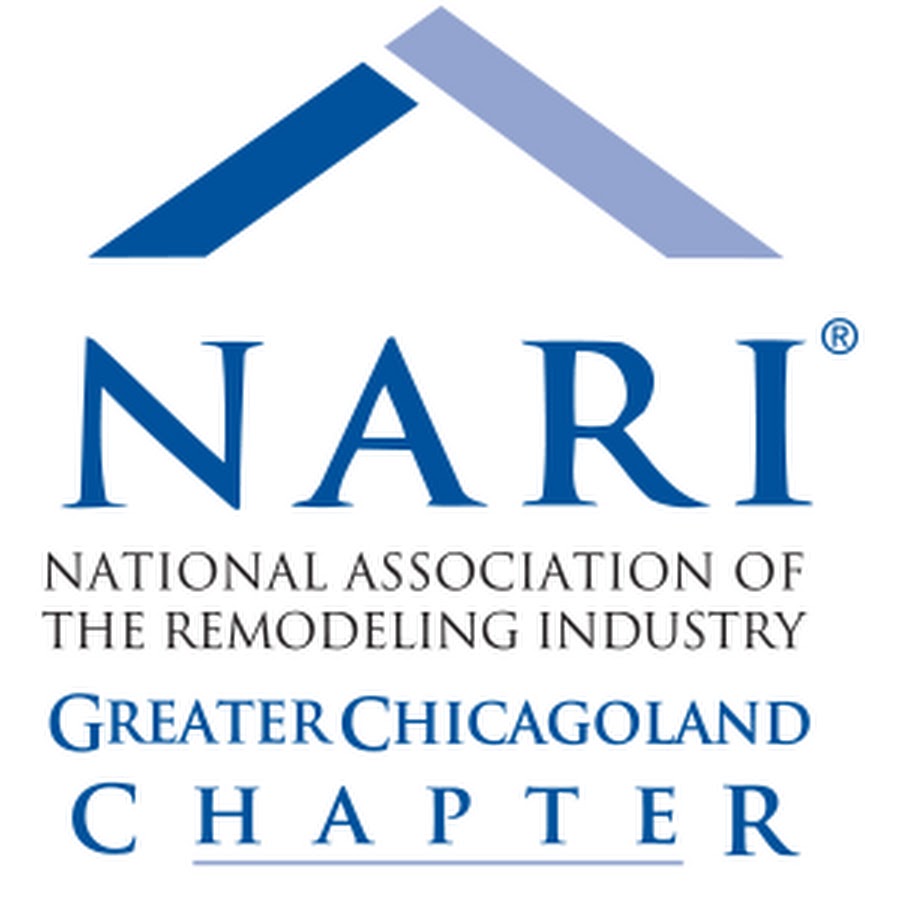
Making modifications to your home to make it more accessible can provide a greater level of independence and safety for the user. An accessible remodeling project can be a big investment, so it’s important to ask the right questions before you start.
Read on as DreamMaker Bath & Kitchen of Orland Park lists seven helpful questions that will help you plan an accessible remodeling project.
1. Who Will Be Using the Space?
Knowing who will use the space can help you plan which accessibility features should be included in your design. You need to ask yourself if it will be used by a disabled or elderly person so that you can incorporate special features to make it easier for them to move around and use the space safely.
2. What Are the Safety Concerns?
When designing a home that is more accessible, safety should always come first. Be sure to consider any potential hazards or risks that could arise from installing certain materials or accessories in your home. For example, are there areas of your home where wheelchairs and walkers may become stuck if not properly designed for maneuverability? Consulting an expert home remodeler can be helpful in this regard.
3. What Types of Materials Are Available?
Once you have identified the specific needs of those using the space, you’ll want to consider what types of materials are available that can help make it safer and more comfortable. Options include specialized flooring surfaces such as non-slip tiles, ramps made from durable materials like aluminum and grab bars made from stainless steel.
4. What Accessibility Features Will Be Included?
Knowing which accessibility features will be included in your design is essential when planning an accessible remodeling project. Common features may include stair lifts, elevators and lifts for wheelchair users, as well as wider doorways and hallways for increased maneuverability within the house itself. Depending on who will use these spaces specifically, additional considerations might need to be taken into account. These include voice-activated lighting systems or handrails along hallways.
5. What Is the Budget?
Before beginning any renovation project, knowing how much money you have allocated towards this endeavor helps ensure all desired elements can fit within budget constraints. Consider other costs beyond just material expenses, including labor costs, permit fees and taxes. Create a realistic timeline regarding completion so unexpected costs don’t throw off budgets down line.
6. How Long Will the Project Take?
Planning out timelines helps keep everyone involved up-to-date regarding progress. It also allows plenty of time budgeted in case delays occur due to weather issues and other concerns. Assess the working hours required by skilled professionals based on the size of the job. Small projects often require less time than larger ones, but at the same time, larger jobs might still involve multiple people over the course of the project.
7. How Do You Find the Right Home Improvement Company?
When researching for a potential contractor near you, ask about their experience with similar projects, as well as if they have certifications or licensing. You should also ask if they provide follow-up care and maintenance after job completion. Finally, read reviews from previous customers to get a better sense of the quality of work they had already provided.
Let’s Start a Conversation
If you’re looking for a home improvement company that specializes in accessible remodeling, look no further than DreamMaker Bath & Kitchen of Orland Park in Illinois. Our team has the experience and the expertise to help you plan and execute an accessible remodeling project that meets your specific needs and budget. Contact us today at (708) 578-6832 to schedule a free consultation. We serve clients in Orland Park’s surrounding communities such as Tinley Park, Frankfort, Palos Heights and Mokena.








